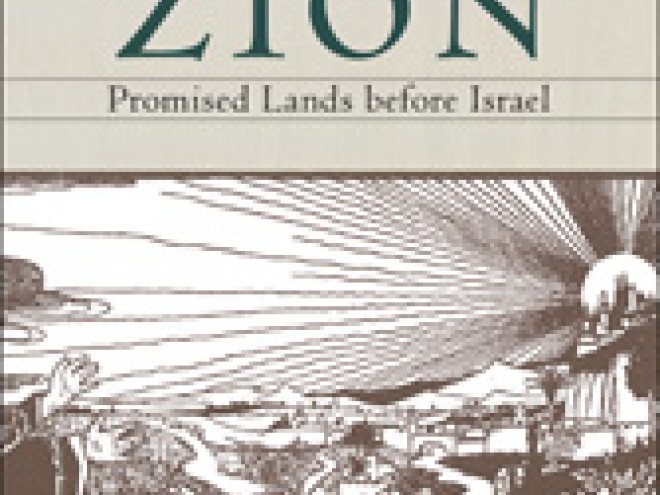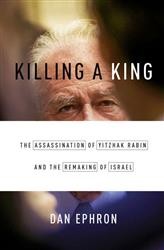“Even Winston had a fault,” an old friend of Churchill’s told Martin Gilbert in 1969. “He was too fond of Jews.” From two different points of view, both Martin Gilbert — Winston Churchill’s official biographer — and Michael Makovsky— foreign policy director of the Bipartisan Policy Center in Washington, DC — explore Churchill’s long and deep connection to Jews and to the Zionism that lies behind this remark, with extensive documentation. From his father, Churchill inherited a close and comfortable relationship with Jews. He was an early supporter of Zionism and a lifelong friend of Chaim Weizmann, taking many unpopular positions and holding fast to the pledge made in the Balfour Declaration in the face of political opposition and general British anti-Semitism.
With his extensive and intimate knowledge of Churchill, Gilbert draws the more personal and expansive picture. He recreates exchanges — conversations, as recorded in diaries and archives, and correspondence— between Churchill and many of the leading Zionists, from Weizmann to Vladimir Jabotinsky to David Ben-Gurion, and the warmth that often marked them. Makovsky approaches Churchill’s Zionism more analytically, trying to understand the place of what he calls Churchill’s sentimental support of Zionism in his overriding goal of preserving British power and security and Western civilization.
As prime minister of Britain during its most desperate hours, Churchill had to give his full energies to winning the war and to establishing a peace that ensured Britain’s strategic and political goals. These goals sometimes subordinated the goals of the Zionists, and Churchill at times turned from them. In the end, however, both authors agree that Churchill was, in his own words, “a Zionist,…one of the original ones,” who fought mightily for the Jewish state. In addition to giving a rich picture of Churchill’s support of Zionism, both books also describe the political struggles in the British government over the creation of Israel, which make the establishment of the state even more remarkable.
The Beginnings of Churchill’s Promised Land
By Michael Makovsky
My book is based on a few chapters of my history doctoral dissertation at Harvard on Churchill’s worldview, but the doctorate turned out to be only the beginning of a decade-long journey — one that was most stimulating and consuming.
The book’s subject, which was suggested by one of my professors, combined two longstanding interests: Zionism and Winston Churchill’s approach to world affairs. Israel was always important to my family as I was growing up, as was foreign affairs and politics. Indeed, we often spoke of those matters, as well as sports, at the dinner table. After studying history in college, I got a MBA and worked at energy trading companies. But after twice reading Churchill’s six-volume WWII memoirs and some biographies of him on a commuter train, I decided to go back and get a PhD in diplomatic history.
I began working on the book shortly after getting my doctorate, and it became for me a passionate cause. The more I researched the more I became fascinated by Churchill’s complex, evolving, multidimensional relationship with the relatively new and unusual cause of Zionism, which largely appealed to the romantic side of this so-called ‘realist.’ I came to understand how Churchill helped shape the modern Middle East, contributed to the establishment of the State of Israel in 1948 (60 years ago this spring), and what his complex relationship with Zionism meant for his world outlook.
Churchill summed up the book-writing experience well and most colorfully in 1949, “Writing a book is an adventure. To begin with, it is a toy, and an amusement; then it becomes a mistress, and then it becomes a master, and then a tyrant. The last phase is that just as you are about to be reconciled to your servitude, you kill the monster, and fling him about to the public.”
Maron L. Waxman, retired editorial director, special projects, at the American Museum of Natural History, was also an editorial director at HarperCollins and Book-of-the-Month Club.





